The shortage of skilled workers is increasingly presenting industrial assembly companies with considerable challenges. According to recent surveys, over 530,000 vacancies for qualified specialists were unfilled in October 2024. Particularly affected are technically specialized professions in industrial manufacturing and assembly, where the shortage of workers leads to production delays and rising operating costs.
The main causes are demographic change, the declining attractiveness of technical professions and the increasing qualification requirements due to the progress of digitalization. Companies are under increasing pressure to develop new strategies to recruit skilled workers, train existing employees and implement efficient production methods to compensate for the shortage
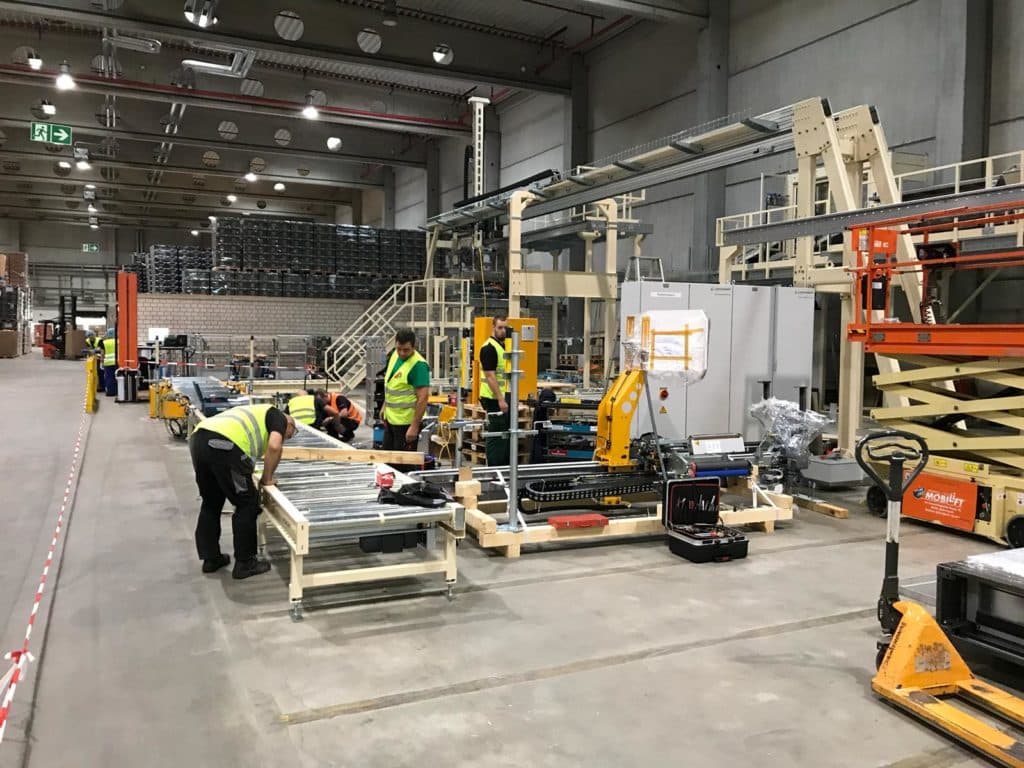
The term skills shortage describes a structural shortage of qualified workers in certain occupational fields or regions. This occurs when the demand for skilled personnel exceeds the number of available, appropriately trained workers. In Germany, the shortage of skilled workers particularly affects technical professions, the skilled trades and the healthcare and nursing sectors.
A distinction must be made between quantitative and qualitative skills shortages:
The skills shortage also differs from a general labor shortage, which indicates a general undersupply of workers, regardless of their qualifications. While a shortage of workers can often be compensated for by simple training processes, a shortage of skilled workers requires targeted measures such as training and further education, targeted recruitment of international skilled workers or the increased use of digital solutions in order to achieve efficiency gains.
The shortage of skilled workers in industrial assembly has several causes that reflect demographic, social and economic developments. The main reasons are demographic change, the low attractiveness of technical professions, increasing qualification requirements due to technological progress and international competition for skilled workers.
German society is ageing. According to the Federal Statistical Office, the number of people in employment will fall by up to 7 million between 2025 and 2035, as more employees are retiring than young skilled workers are replacing them. Sectors with high experience requirements, such as industrial assembly, where knowledge is often built up over many years, will be particularly affected.
This development is leading to a growing gap between labor supply and demand. Companies must therefore invest more in promoting young talent, lifelong learning and age-appropriate working models in order to maintain their competitiveness.
Many young people prefer academic careers to an apprenticeship or a technical profession. The number of trainees in industrial and skilled trades professions has fallen continuously in recent years. The reasons for this include
To counteract this, companies need to focus more on early career guidance, cooperation with schools and attractive training programs.
Advancing automation and digitalization in industry increasingly requires specialist knowledge in the fields of robotics, automation technology and digital control systems. Many traditional industrial assembly jobs today already require IT and software skills, which makes access more difficult for unskilled or only basic trained workers.
As further training measures are often time-consuming and expensive, many companies invest too little in the qualification of their workforce. There is an urgent need for action here to prepare existing employees for future requirements and to inspire new talent for the profession.
Today, highly qualified specialists are in competition worldwide. Due to better salaries, more attractive working conditions or lower tax burdens, many well-trained employees move abroad or do not decide to work in Germany in the first place.
Germany must therefore make working conditions in industry more attractive by, among other things:
The shortage of skilled workers in industrial assembly will continue to worsen without targeted measures. Companies, associations and politicians must therefore work together to find sustainable solutions.
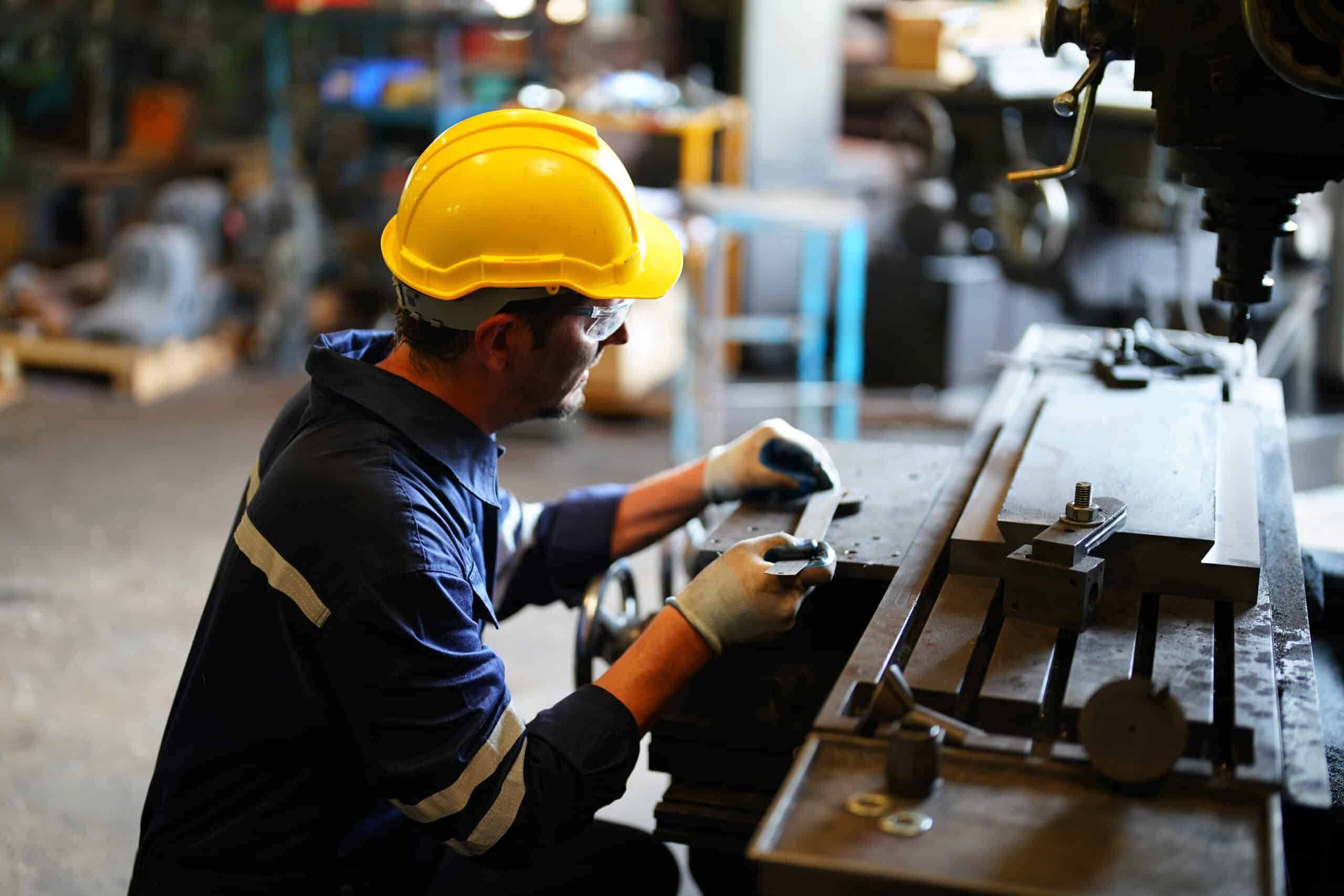
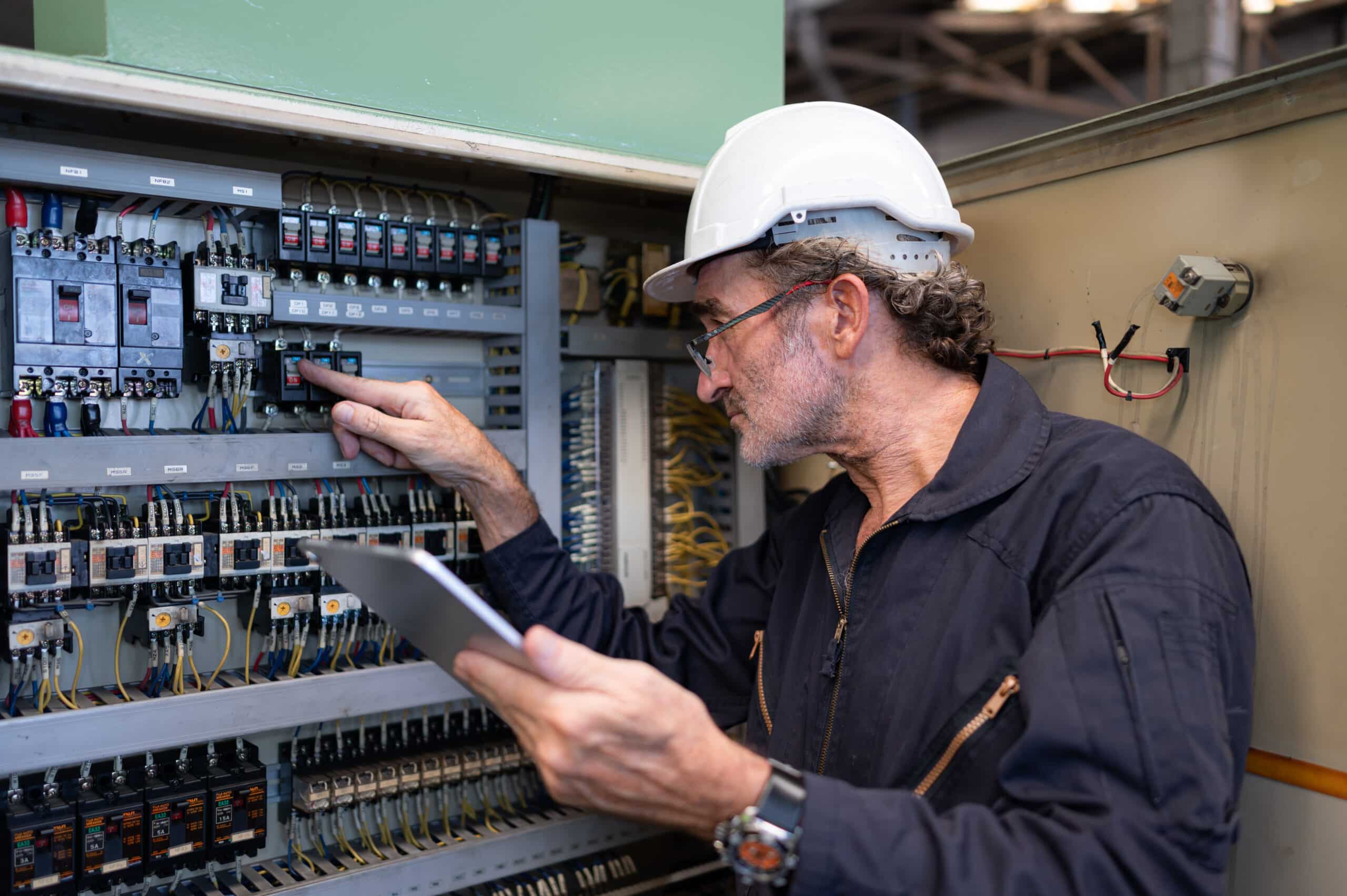
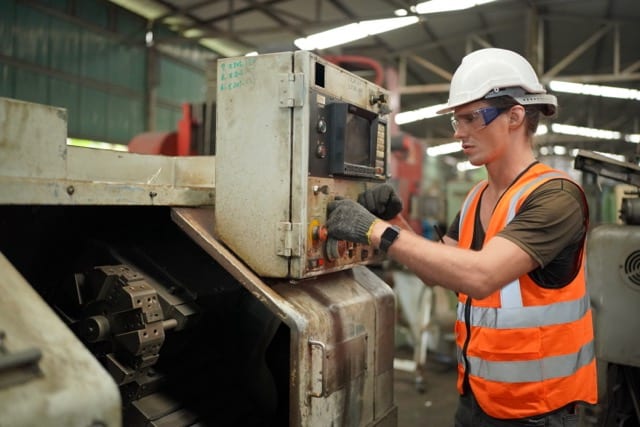
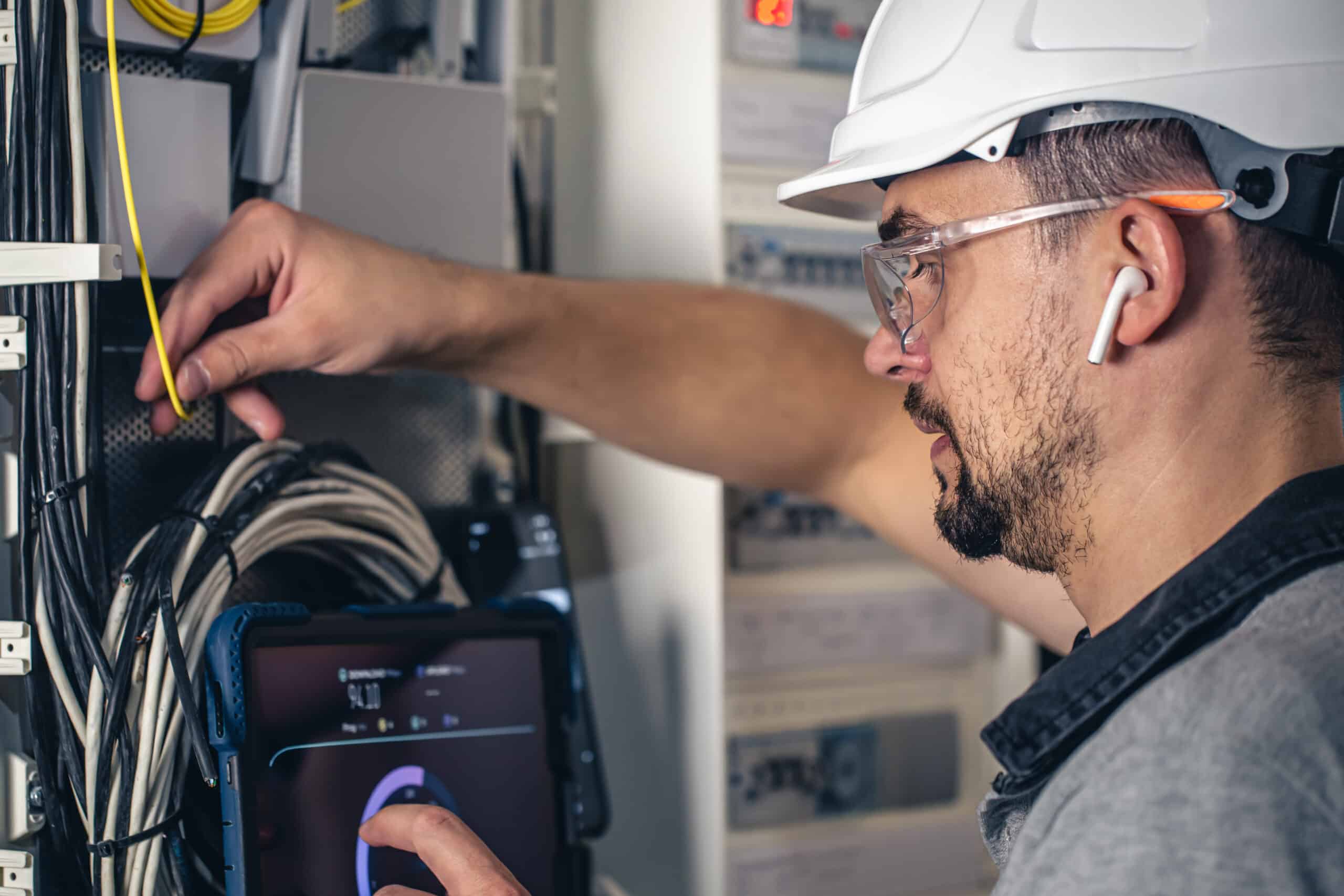
The shortage of skilled workers affects almost all technically demanding industries, but some sectors are under particular pressure due to specific challenges. In the automotive industry, chemical industry, food production, electrical industry, metal processing and mechanical engineering, there is a lack of qualified workers in production, assembly and development. The consequences are production bottlenecks, rising operating costs and obstacles to innovation.
The automotive industry is undergoing a profound transformation towards electromobility and autonomous driving. At the same time, there is a lack of qualified specialists in key areas:
The shortage of labor is leading to delays in vehicle production and rising costs. In addition, international competition is becoming tougher as other countries invest specifically in promoting skilled workers.
The chemical industry is highly regulated and requires highly qualified personnel, particularly in the areas of
The lack of specialized professionals leads to production delays and safety risks. In addition, the lack of engineers and technicians jeopardizes the research and development of new chemical products.
The food industry relies on stable production, but the shortage of skilled workers is making this difficult:
Due to the low attractiveness of many production professions and the increasing need for automation, there is a lack of qualified employees, which can lead to production downtime and quality problems.
The electrical industry is essential for technological development and digitalization. Particularly affected by the skills shortage are
Without sufficient skilled workers, there is a risk of technological innovation slowing down, which is particularly problematic for Germany as a production and development location.
Metal processing forms the basis for many industrial value chains. Particularly affected are:
The shortage of qualified personnel is leading to rising wage costs and longer production times, as companies have to make greater efforts to recruit skilled workers.
Mechanical engineering is one of Germany’s key industries. There is a particular shortage here:
The shortage of skilled workers affects the research, development and production of new machines and jeopardizes Germany’s international competitiveness.
The shortage of skilled workers affects all key sectors of industry and presents companies with major challenges. Targeted measures for training, qualification and international recruitment of skilled workers are necessary in order to remain competitive in the long term.
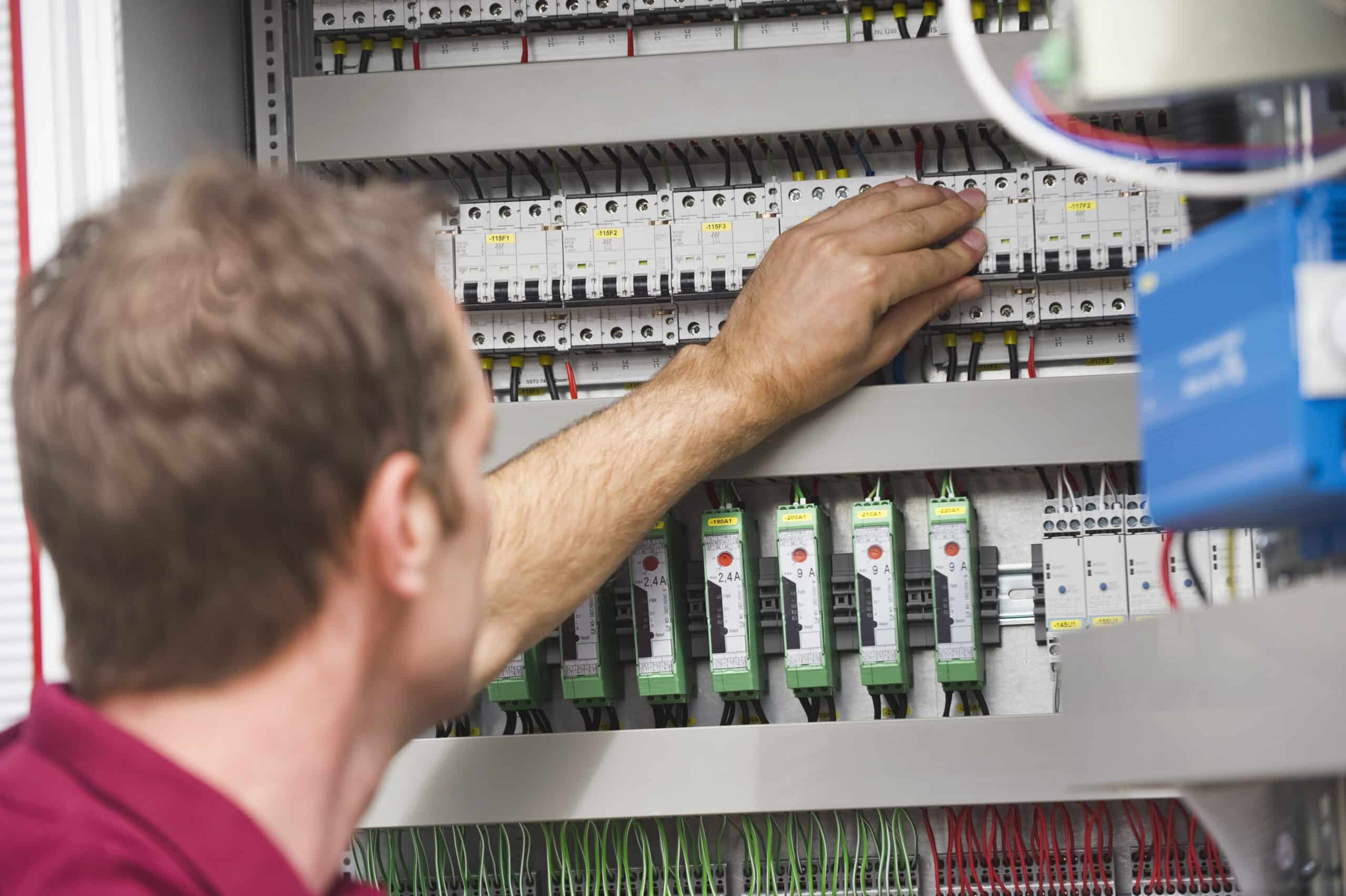

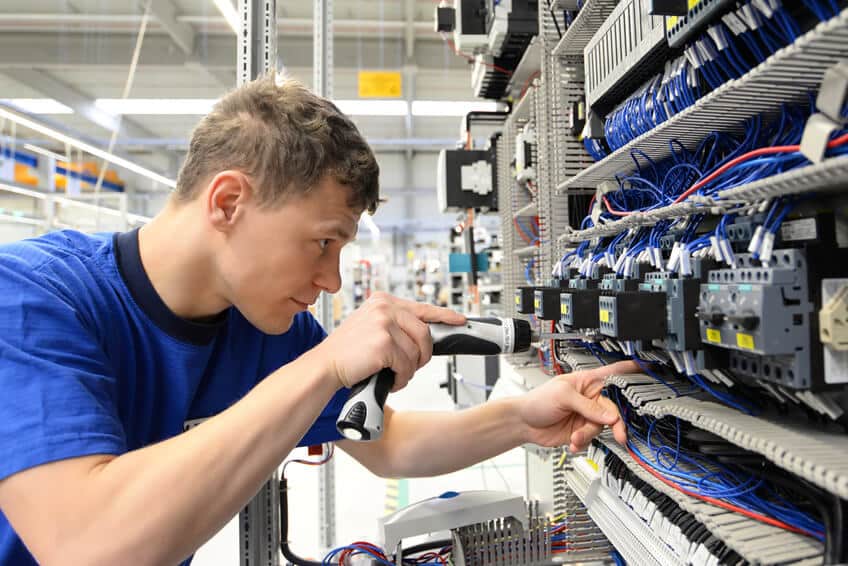

The ongoing shortage of skilled workers in industrial assembly has far-reaching consequences for companies, the entire value chain and the German economy. Production processes, operating costs, innovative capacity and competitiveness are particularly affected.
An acute shortage of qualified personnel means that production lines cannot be fully utilized. A lack of industrial mechanics, mechatronics engineers and automation technicians means delays in assembly, which has a direct impact on delivery deadlines. Sectors with global supply chains, such as the automotive and electrical industries, are coming under particular pressure as a result.
The consequences:
Due to the shortage of skilled workers, wage costs are rising as companies have to offer higher salaries, bonuses and additional incentives to attract and retain qualified staff. At the same time, expenditure on overtime, external service providers and temporary staff is increasing.
Consequences:
If vacancies remain unfilled for a longer period of time, existing employees have to take on additional tasks. This leads to an increasing workload, which in turn affects employee satisfaction and health.
Consequences:
Many companies are investing in automation, robotics and digital solutions to compensate for the shortage of skilled workers. But here, too, there is a lack of the necessary experts to introduce and operate these technologies efficiently.
The consequences:
Germany is traditionally regarded as one of the world’s leading industrial locations. The shortage of skilled workers is jeopardizing this position, as companies are finding it increasingly difficult to maintain their production capacities and implement technological developments.
Consequences:
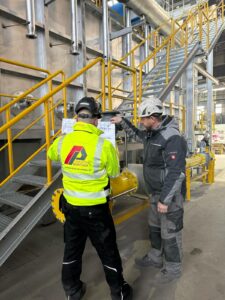
The shortage of skilled workers poses major challenges for many industrial companies – especially in the areas of assembly, maintenance, conversion and relocation of machines and systems. A lack of personnel can quickly lead to production delays, rising operating costs and obstacles to innovation. AP Industriemontage offers companies a reliable solution to bridge these bottlenecks and keep operational processes running efficiently.
AP Industriemontage provides highly qualified skilled workers from the metal industry who, thanks to years of experience and certifications, are able to professionally implement even the most demanding projects. Our team includes:
Thanks to this broad range of expertise, we can support companies flexibly in a wide variety of areas – whether for new assembly, disassembly, maintenance or complete relocation of machines and production lines.
AP Industriemontage offers tailor-made services that are specifically geared to the requirements of our customers. Our services include
We attach great importance to absolute adherence to deadlines, the highest quality standards and efficient processes. A dedicated contact person accompanies each project from planning to completion to ensure transparent communication and smooth processes.
Especially in times of a shortage of skilled workers, flexible solutions are needed to avoid production downtime and increase efficiency. AP Industriemontage helps companies to ensure operational continuity and bridge bottlenecks with highly qualified personnel.
✅ Experienced and certified specialist personnel with a specialization in industrial assembly
✅ Flexible and customized solutions for companies of all sizes
✅ High adherence to deadlines and quality assurance thanks to clear processes and dedicated contacts
✅ Support for short-term personnel requirements to avoid production downtime
✅ Comprehensive service from planning to implementation
The shortage of skilled workers poses major challenges for many companies, but with AP Industriemontage as a partner, companies can count on reliable, flexible and efficient support. Our experienced specialists ensure that production processes remain stable, machines are optimally maintained and assembly projects are completed on time.
Rely on the expertise of AP Industriemontage – your partner for customized solutions in industrial assembly.
At AP Industriemontage, we support companies worldwide in the assembly and commissioning of complex industrial plants. With our expertise and comprehensive services, we ensure efficient and safe production processes. Put your trust in our many years of experience and let us successfully implement your projects together.
Share:
Do you have any further questions? We are available by phone during our business hours. Or simply use our contact form – we will get back to you as soon as possible.
The shortage of skilled workers is particularly severe in industrial assembly, as highly qualified specialists with specific technical knowledge are needed here. Professions such as industrial mechanics, mechatronics engineers and welders are essential for the assembly, maintenance and relocation of machines. The increasing qualification requirements due to automation and digitalization are further exacerbating the problem, as many companies are struggling to find suitable employees.
AP Industriemontage offers a fast and reliable solution for companies that need short-term or long-term support due to the skills shortage. Our experienced and certified specialists in the areas of machine assembly, maintenance, repair and relocation can prevent production downtime and increase efficiency. Thanks to our flexible work contracts and comprehensive services, we ensure that companies can continue to operate smoothly.
Our team consists of highly qualified skilled workers from the metal and electrical industry, including fitters, mechatronics engineers, welders, electronics engineers and industrial mechanics. All of our specialists have several years of experience in industrial assembly and have the necessary certifications to work in safety-critical areas. We also attach great importance to regular training to ensure that we always meet the latest technological requirements.
In addition to the classic assembly and disassembly of machines and systems, AP Industriemontage offers other comprehensive services, including
This holistic support enables companies to effectively compensate for the shortage of skilled workers and to optimize production processes.
By working with AP Industriemontage, companies benefit from reliable, flexible and professional support for all industrial assembly challenges. Our adherence to deadlines, high quality and tailor-made solutions help companies to efficiently bridge the shortage of skilled workers without jeopardizing their own competitiveness. AP Industriemontage offers everything from a single source, allowing companies to concentrate on their core competencies while we take care of the smooth running of assembly and maintenance processes.

Felix-Wankel-Str. 8
59174 Kamen Heeren
Tel.: +49 2307 94047 0
Mail: info@ap-industriemontage.de
Am Kaygraben 1c
D – 86637 Wertingen
Tel.: +49 08272 9849712
Mail: info@ap-industriemontage.de